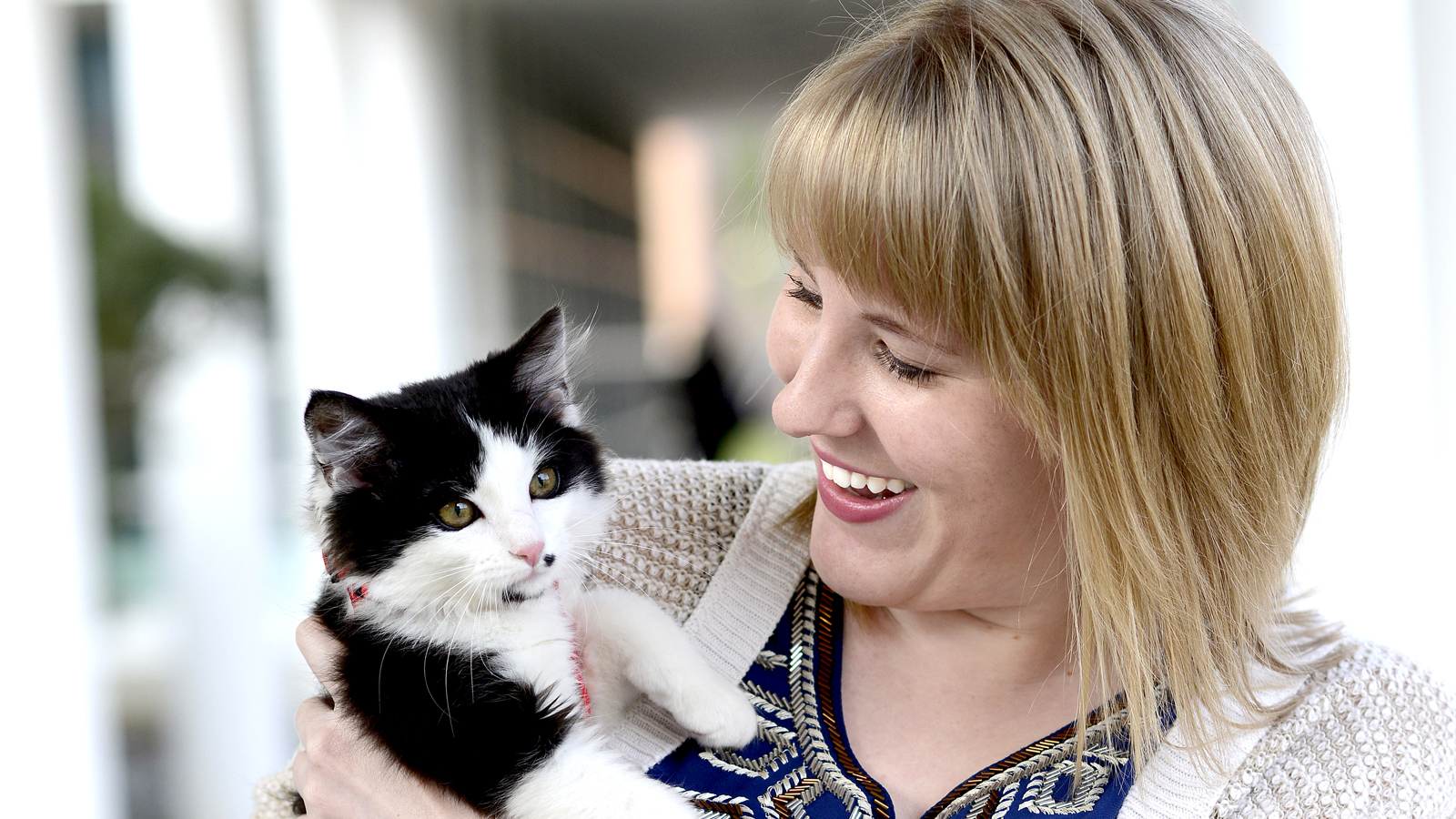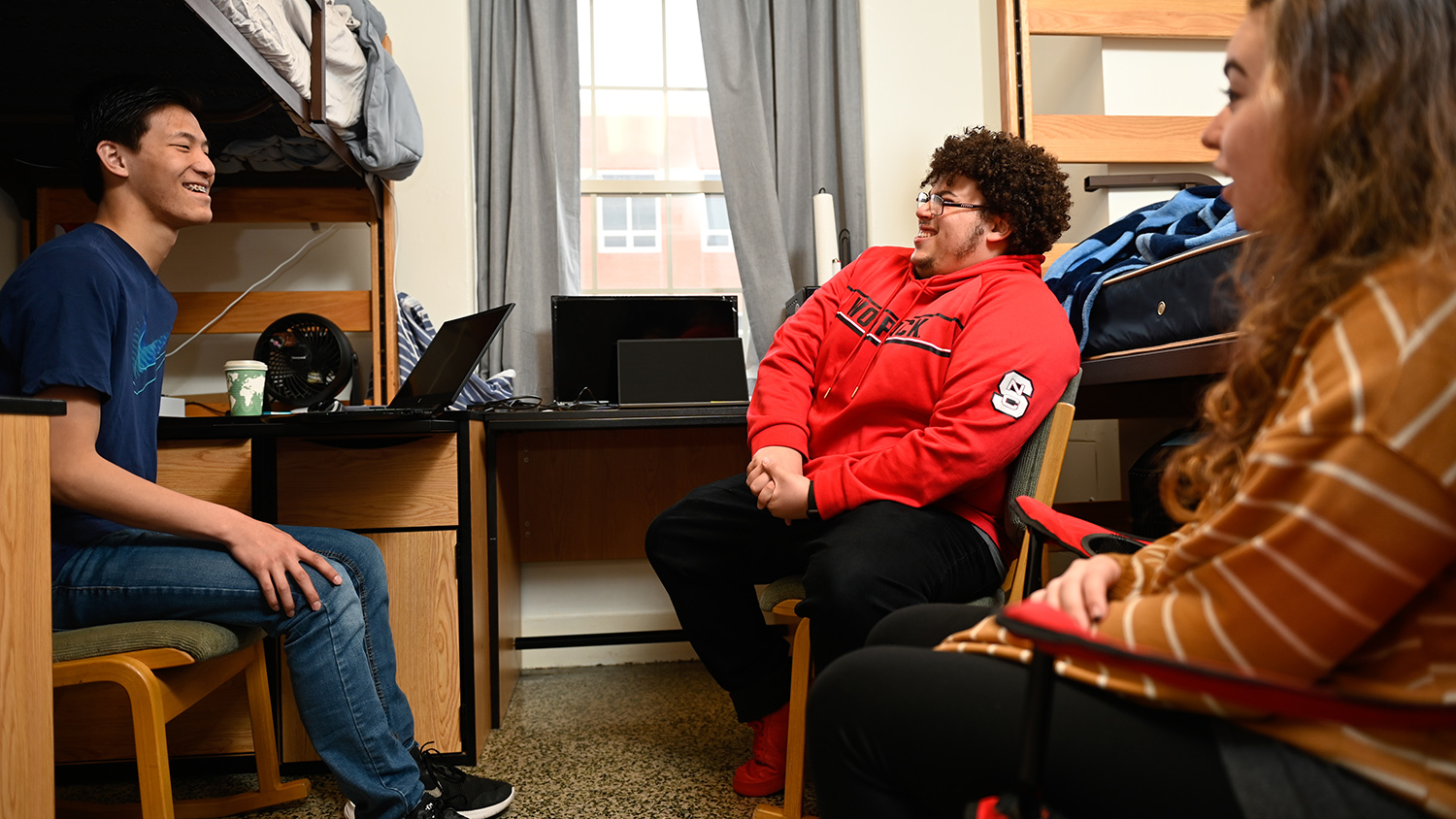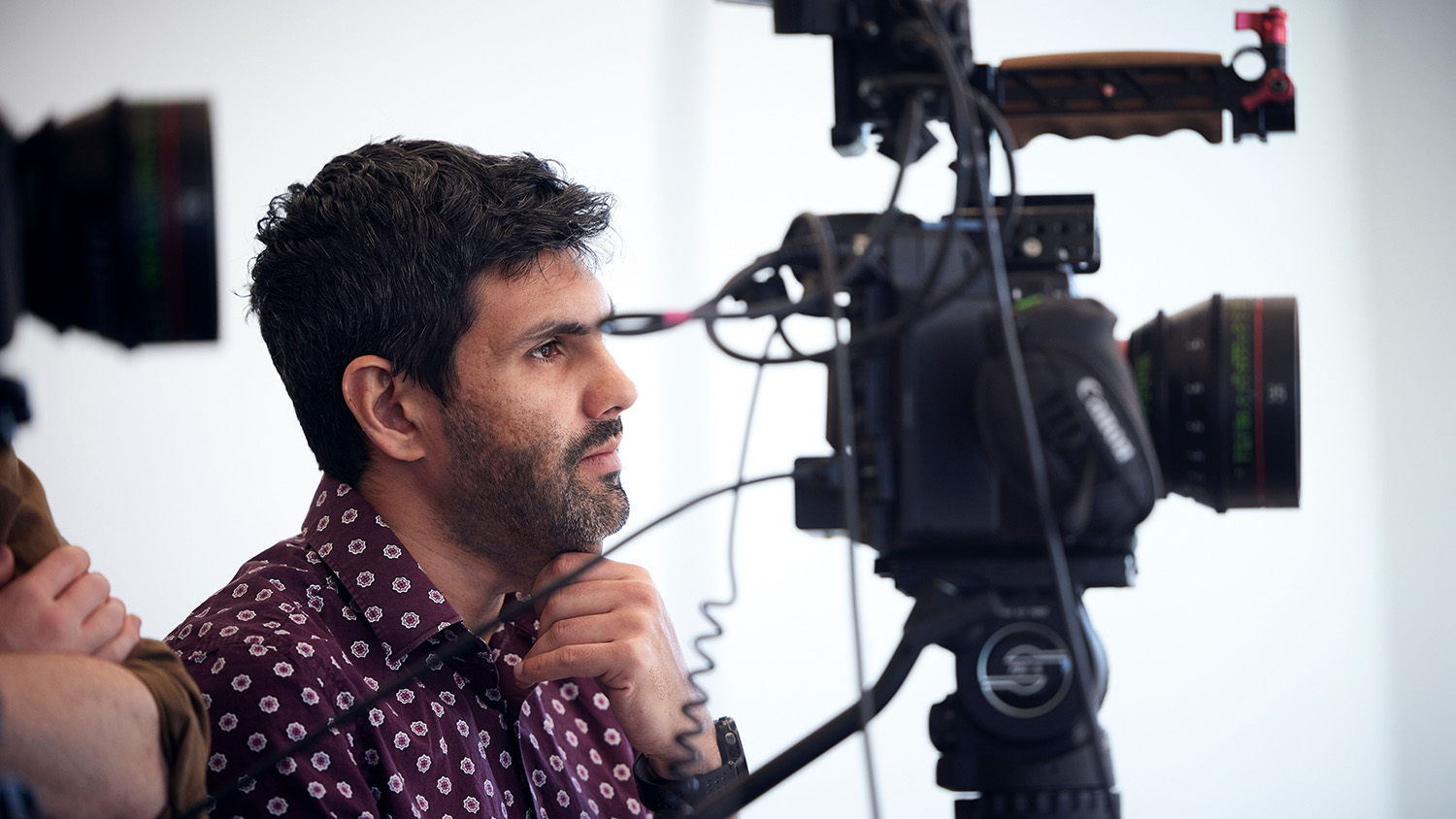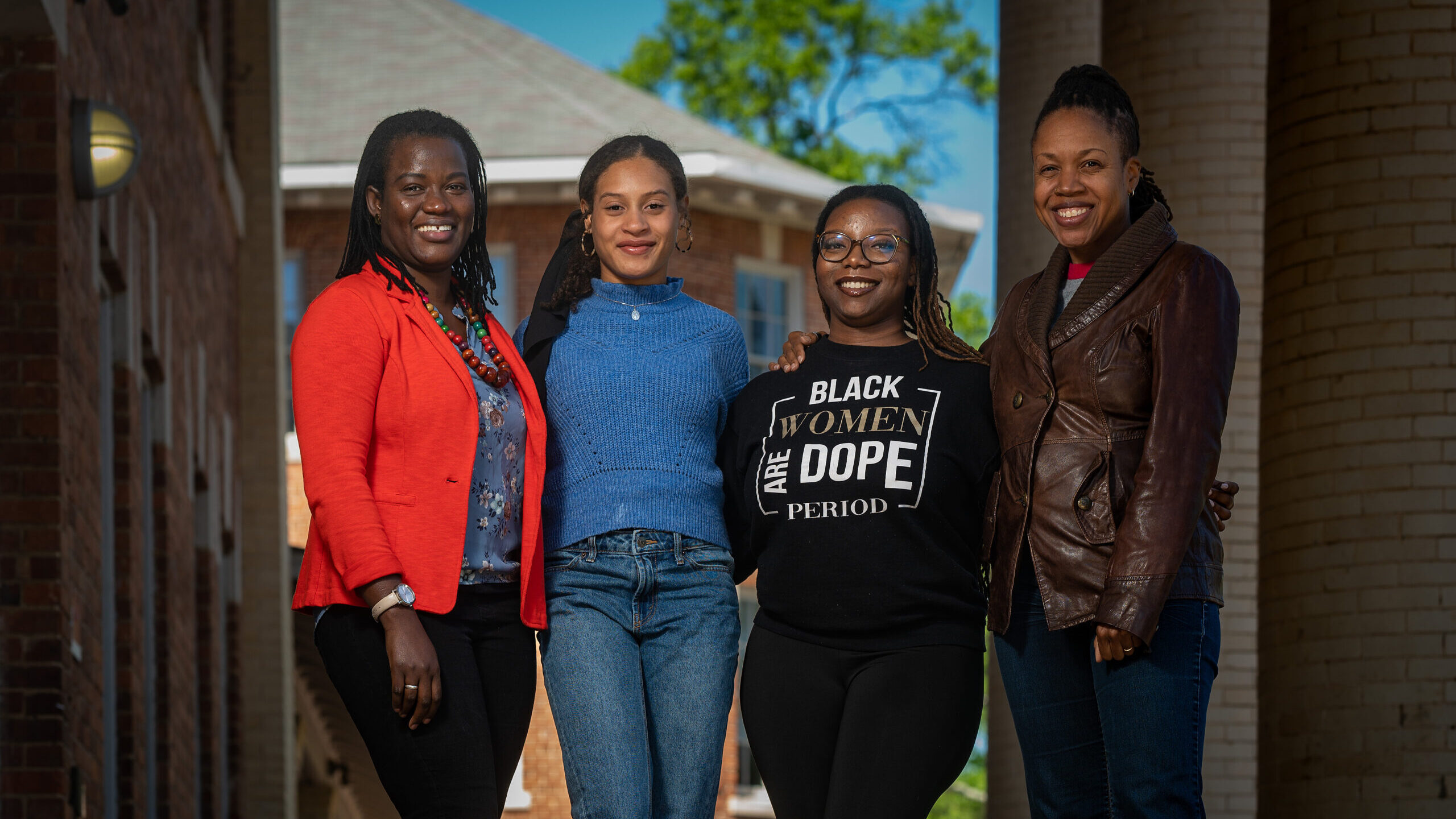Conservation Through a Nonprofit Lens

Editor’s Note: Earlier versions of this article appeared in our print magazine, Accolades, and online.
Katie Cupp came to NC State to study zoology. But during her first semester as a freshman, a chance encounter with a fellow zoology major led Cupp to consider a minor well outside her core area of study: nonprofit studies.
The upperclassman, a nonprofit studies minor, told Cupp about an internship through her minor to work with big cats.
“I used to want to work with big cats,” Cupp said. “Her experience sounded so cool. I had been volunteering with a local animal shelter twice a week since I was in the sixth grade. But it never clicked with me before then how much nonprofit experience I had or that it could serve as a possible career path.”
The next day, Cupp reached out to NC State’s Institute for Nonprofits — which administers the nonprofit studies minor — to learn more. She enrolled in the minor the following week.
Initially, Cupp envisioned a career in wildlife conservation: working in the field and taking care of animals. Although she enjoyed working in an internship that addressed that interest, Cupp’s nonprofit studies showed her how she could make a bigger impact by broadening the scope of her work.
“Caring for these individual animals was important, but I didn’t see it making a long-term difference in conservation,” Cupp said. “As a result of the nonprofit studies minor, I started looking into different kinds of conservation organizations.
“The ones that were most likely to be advocating for systemic change were nonprofits. They seemed to be the organizations that were making the most difference by far. They have that public trust. People want to help them.”
Nonprofits’ efforts to earn public trust and to work toward systemic change are two of the five nonprofit leadership challenges Cupp learned about through her nonprofit studies. Those leadership challenges inspired her to pursue a career in the nonprofit sector.
After completing her zoology degree, Cupp decided to stay at NC State and earn a graduate certificate in nonprofit management while she pursues a master’s degree in zoology. “The combined approach blends my interests,” Cupp said. “For me it makes perfect sense.”
Cupp believed so strongly in the work of NC State’s Institute for Nonprofits that she signed on as a student ambassador for the institute as an undergrad, and she continues to serve in that capacity as a graduate student. In this volunteer role, she shares her story with other students, inspiring them to learn about the institute, the minor and how they too might merge their passions with their careers.
Cupp is confident that her newly gained perspectives will allow her to do more in the conservation world. She not only understands the technical and scientific facets of conservation work; she also has a deeper understanding of how nonprofits work.
“Actually helping people change how they view conservation — helping them change their daily habits to benefit the world, to benefit nature and to benefit animals — that’s what we need to focus on,” Cupp said. “We can save all the individual animals in the world, but if there’s no habitat for them, if there’s no ecosystem left, it doesn’t matter.”
- Categories:


